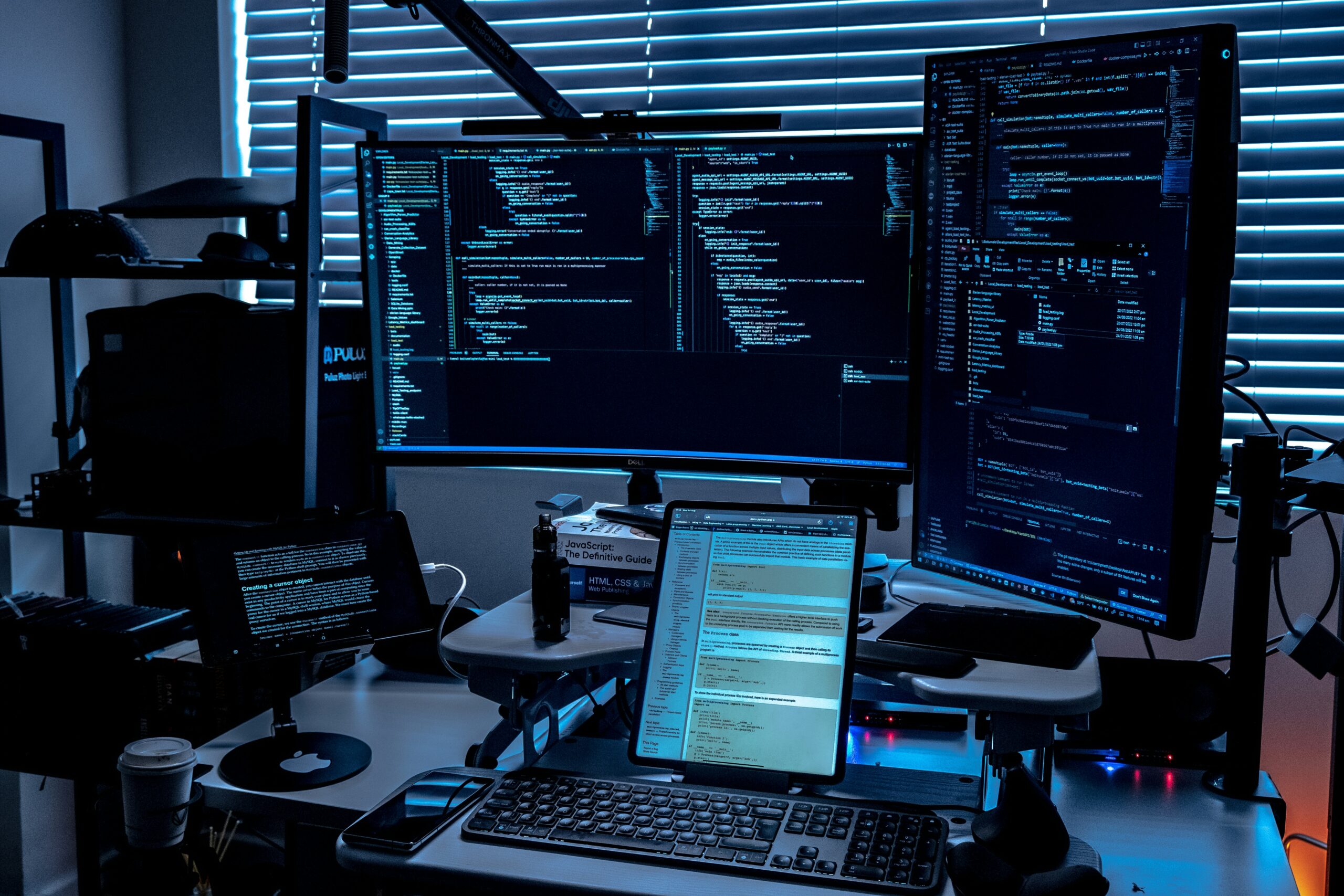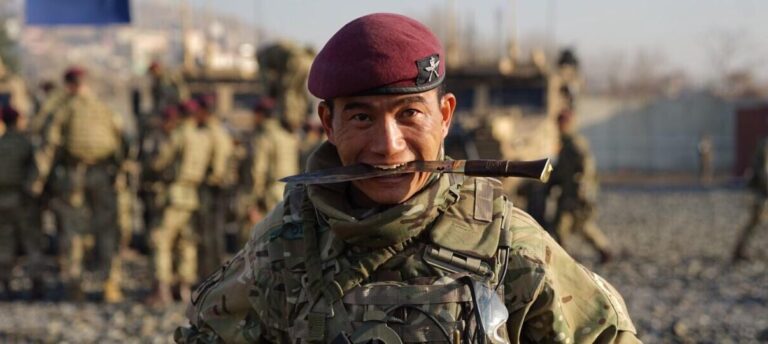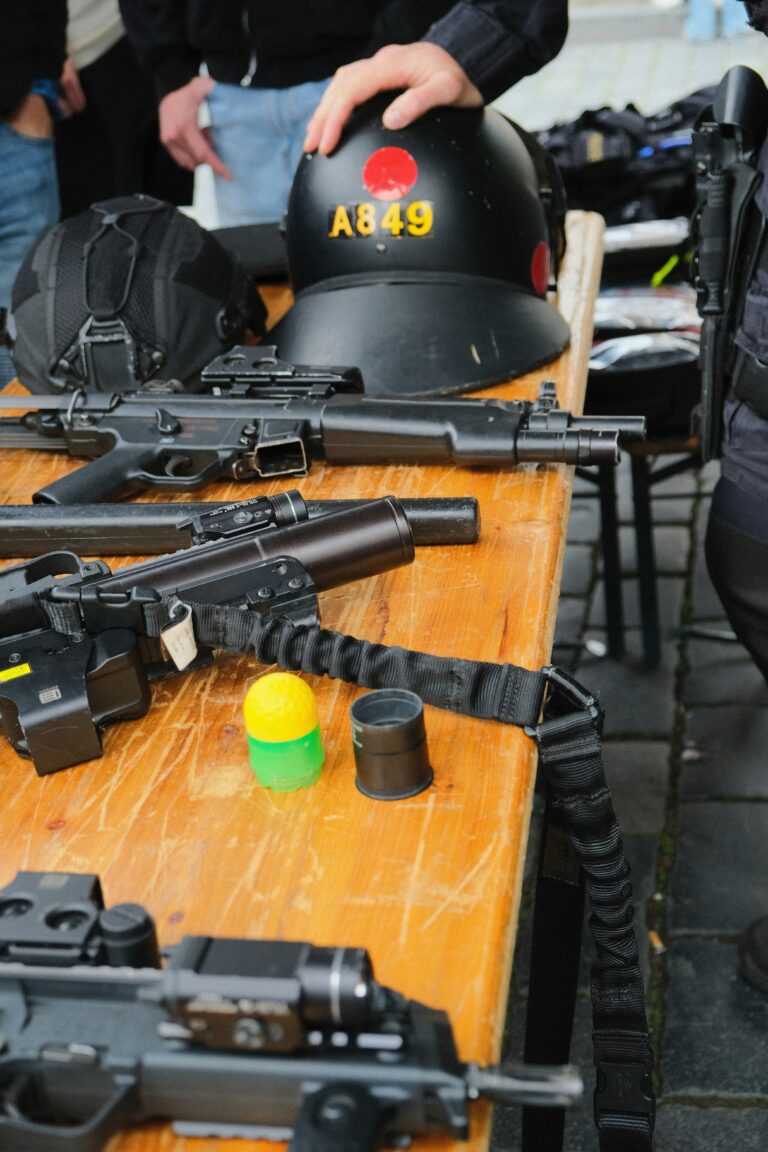Defence Cyber Operations Specialists
Introduction
As warfare evolves from bullets and bombs to bytes and breaches, the UK Armed Forces are locked in a new kind of battle — one fought in cyberspace. At the frontline of this digital war are Defence Cyber Operations Specialists: elite personnel trained to defend the UK’s military networks, data, and critical infrastructure from increasingly sophisticated cyber threats.
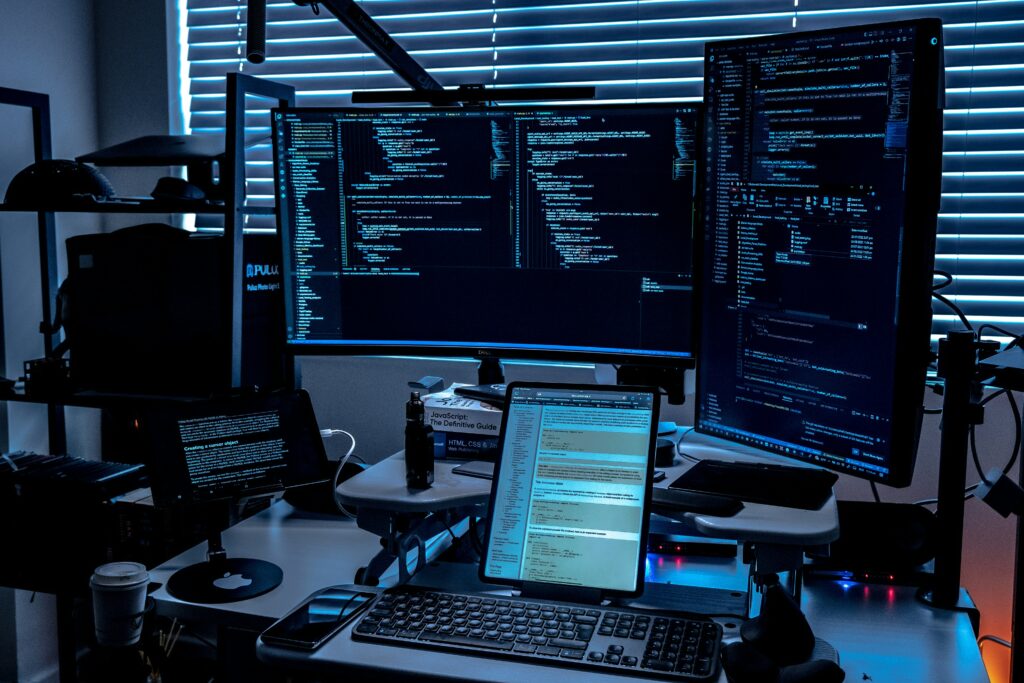
These specialists operate in one of the most classified and technologically advanced realms of modern warfare, protecting the UK from hostile states, cybercriminals, and terrorist hackers.
The Rise of Cyber Warfare
The UK Ministry of Defence (MOD) recognises cyberspace as a “domain of warfare”, alongside land, sea, air, and space.
Examples of real-world cyber attacks include:
- Russian-linked cyber operations against Ukraine and NATO
- Iranian and Chinese state-sponsored intrusions into military infrastructure
- Ransomware crippling supply chains
- Cyber espionage targeting defence secrets
Defence Cyber Operations Specialists are the UK’s answer — not only reacting to attacks but proactively hunting, neutralising, and deterring digital threats.
Who Are Defence Cyber Operations Specialists?
These individuals serve within:
- Joint Cyber Unit (under UK Strategic Command)
- Royal Signals (Army)
- RAF Cyberspace Communications Specialists
- Royal Navy Information Warfare Branch
- Defence Digital and GCHQ Cyber Forces
- National Cyber Force (NCF) – a joint initiative between the MOD and GCHQ
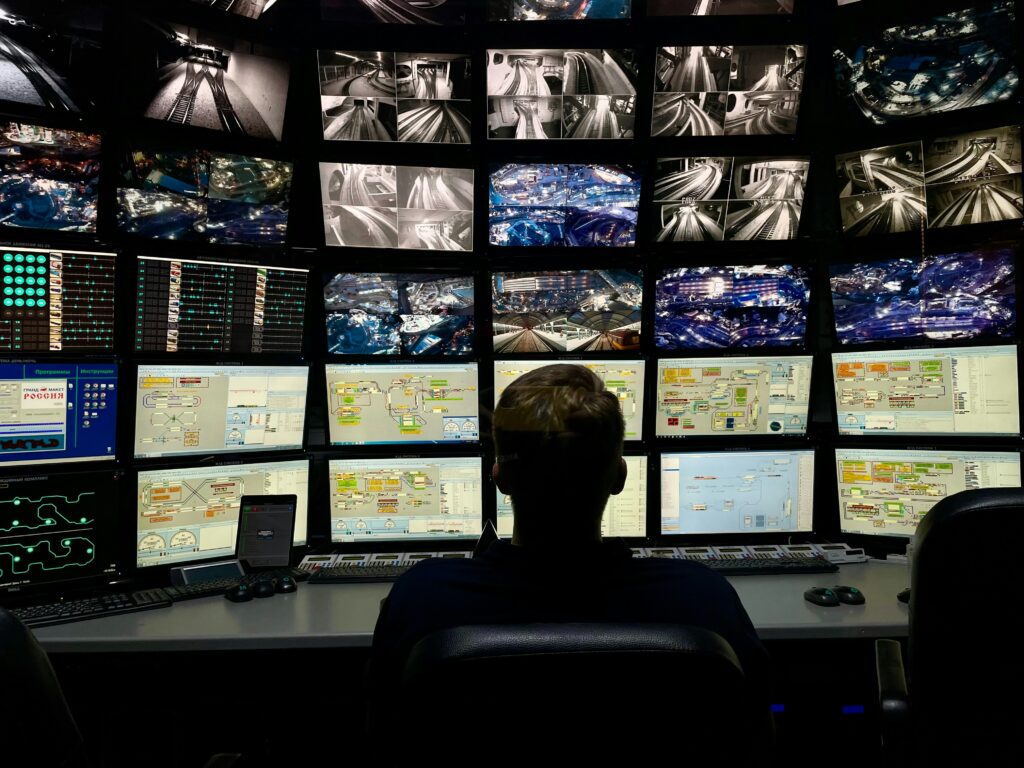
Core Responsibilities
| Domain | Role |
|---|---|
| Cyber Defence | Monitoring and securing MOD networks and weapon systems |
| Threat Hunting | Detecting and investigating suspicious activities and actors |
| Offensive Cyber Ops | Disrupting enemy command/control, propaganda, or drone systems |
| Penetration Testing | Simulating attacks to test and strengthen UK cyber infrastructure |
| Forensics & Malware Analysis | Dissecting attacks to identify origin, tools, and impact |
| Cryptography | Protecting military comms through encryption and secure protocols |
| AI and Machine Learning Integration | Using automation to identify and respond to threats faster |
Recruitment and Entry Routes
Cyber specialists can join through several routes:
1. Regular Armed Forces
- Army: Join the Royal Corps of Signals as a Cyber Engineer or EW Specialist
- RAF: Apply for Cyberspace Communication Specialist
- Navy: Enlist as an Information Warfare Specialist
2. Defence Cyber Academy Graduate Program
- For university graduates (STEM degrees preferred)
- Offers direct commissioning into cyber roles
3. Reserves and Civilian Specialists
- Join as part of the Cyber Reserve Force
- Professionals from IT, cyber security, and ethical hacking backgrounds welcomed
4. National Cyber Force (NCF)
- Highly classified roles (via GCHQ and MOD)
- Recruitment is competitive and often via invitation or selection

Training and Education
Cyber personnel are trained at elite military and government facilities, including:
- Defence School of Communications and Information Systems (Blandford Camp)
- RAF Cosford – No.1 Radio School
- Cyber Defence Operations Centre (CDOC)
- Cyber Security Operations Centre (CSOC) in Corsham
- GCHQ-run cyber programs
Topics covered include:
- Ethical hacking and penetration testing
- Network intrusion detection (NIDS)
- Digital forensics and malware reverse engineering
- SCADA and industrial control system (ICS) security
- Incident response and continuity planning
- Secure communications, blockchain, and zero-trust architectures
Some operators go on to earn industry qualifications like:
- CompTIA Security+
- Cisco CCNA / CCNP
- GIAC certifications
- OSCP (Offensive Security Certified Professional)
- Certified Ethical Hacker (CEH)
- CISSP (Certified Information Systems Security Professional)

Offensive Cyber Capability
The UK does not merely defend its digital borders — it conducts offensive operations too. Under the umbrella of the National Cyber Force (NCF), specialists:
- Infiltrate and disable enemy infrastructure
- Conduct psychological operations via digital influence
- Disrupt terrorist communications and weapons control
- Launch digital attacks during joint special forces raids
- Help allied cyber operations through NATO and Five Eyes
Real-World Examples
- Operation CLOUD CHARIOT (classified): Allegedly involved UK cyber units disabling Iranian missile control systems
- Ukraine Support: British cyber experts helped Ukrainian defences repel DDoS attacks in the early days of the 2022 invasion
- Anti-ISIS Campaigns: Disrupted ISIS online propaganda and recruitment channels

Career Progression and Specialisations
| Rank/Level | Cyber Role |
|---|---|
| Entry Level | Network defence analyst, junior pen tester |
| NCO | Team leader, operations centre supervisor |
| Officer | Strategic planner, Red/Blue team coordinator |
| Specialist Track | Malware reverse engineer, cryptographic analyst |
| Cyber Commander | Leads NCF operations or interagency cyber defence |
Military careers often transition into:
- MOD Cyber Policy and Planning
- GCHQ and SIS roles
- UK National Security Council cyber advisory roles
- Cyber security leads in defence contractors (e.g. BAE, QinetiQ)
Pay and Benefits
- Starting salary: £25,000–£34,000 (depending on qualifications)
- Clearance bonus for DV (Developed Vetting) roles
- Deployment pay and cyber-specific allowances
- Funded industry certifications
- Access to secure facilities and top-secret projects
- Long-term career in MOD, intelligence, or private defence sector
- Potential for six-figure civilian roles post-service

Cyber Reserves
The Cyber Reserve is a growing part of UK Defence strategy. It allows:
- Civilian IT experts to serve part-time
- Ethical hackers, software engineers, and consultants to work with MOD
- Professionals to contribute to national defence without full enlistment
Reservists work on real-world cyber threats and may be deployed for incident response, crisis exercises, or major events (e.g. G7, Olympics, cyber war games).
Ethical and Legal Dimensions
Cyber operations are governed by UK law, NATO frameworks, and international norms. Specialists are trained in:
- Law of Armed Conflict (LOAC)
- Rules of Engagement in Cyberspace
- Cyber ethics and proportional response
- Attribution and escalation protocols
Operators walk a fine line between defence and disruption, and are held to high ethical standards due to the sensitive nature of their work.
Conclusion
Defence Cyber Operations Specialists are the digital soldiers of modern warfare. They protect the nation not with bullets, but with code, algorithms, and relentless vigilance.
In a world where a cyberattack can trigger a diplomatic crisis, shut down a city, or disable a fleet, these experts ensure the UK remains secure, resilient, and ready.
Whether you’re a coder, hacker, network engineer, or strategic thinker — the MOD’s cyber mission offers a chance to serve on the cutting edge of military innovation.
